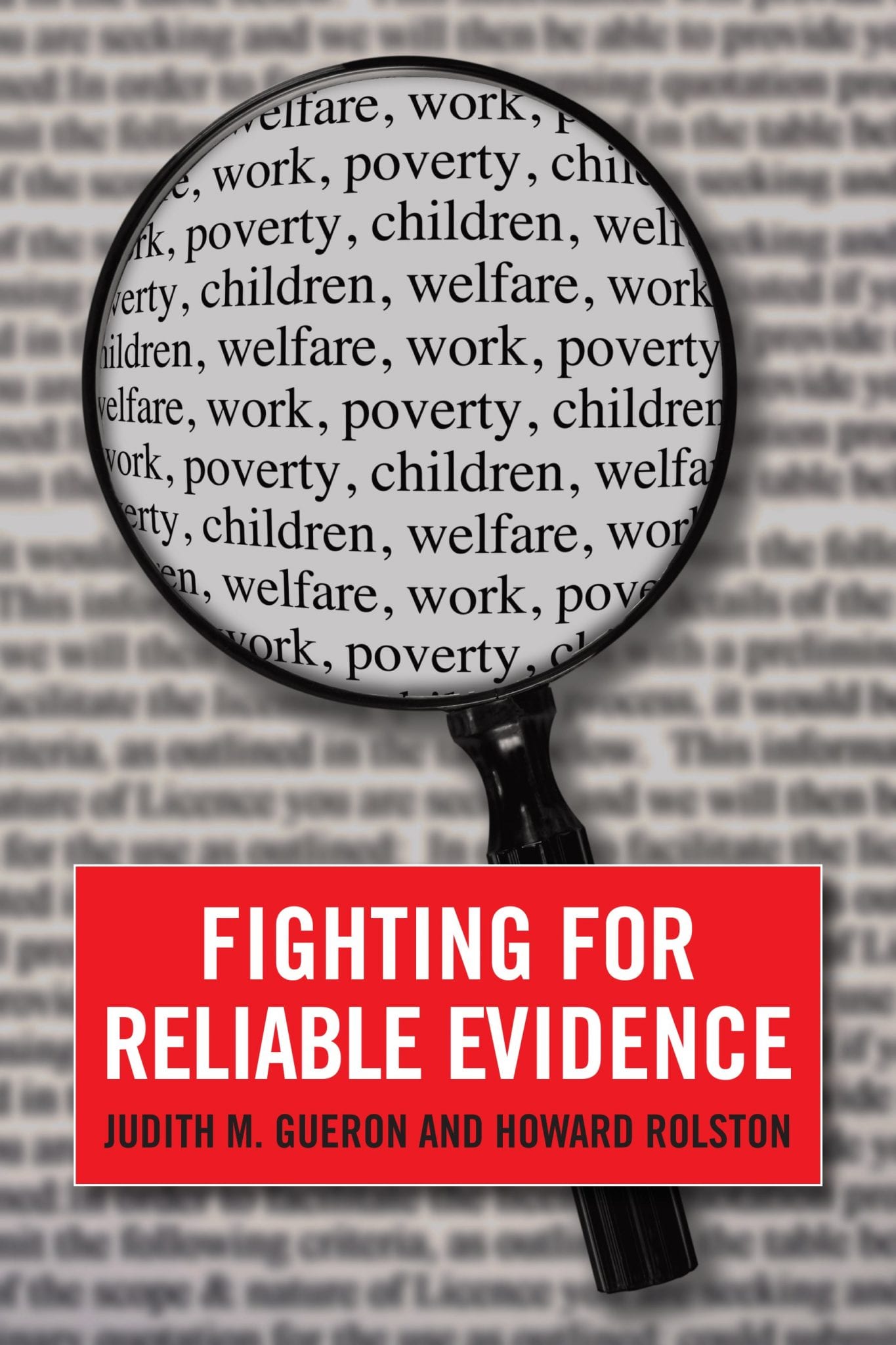Once primarily used in medical clinical trials, random assignment experimentation is now accepted among social scientists across a broad range of disciplines. The technique has been used in social experiments to evaluate a variety of programs, from microfinance and welfare reform to housing vouchers and teaching methods. How did randomized experiments move beyond medicine and into the social sciences, and can they be used effectively to evaluate complex social problems? Fighting for Reliable Evidence provides an absorbing historical account of the characters and controversies that have propelled the wider use of random assignment in social policy research over the past forty years.
